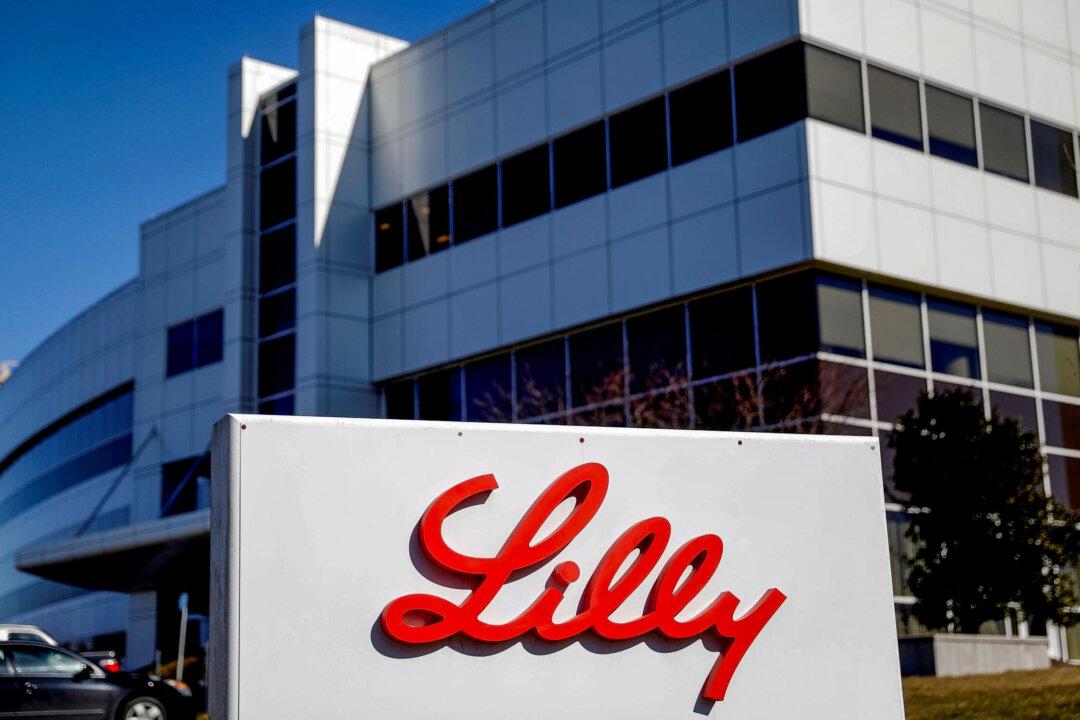Pharmaceutical giant Eli Lilly announced on Aug. 27 that it is selling its weight loss and diabetes drug Zepbound in single-dose vials at around half the cost of some of its original doses.
In a press release, Eli Lilly said the move is part of ongoing efforts to significantly boost drug supply amid heightened demand.




